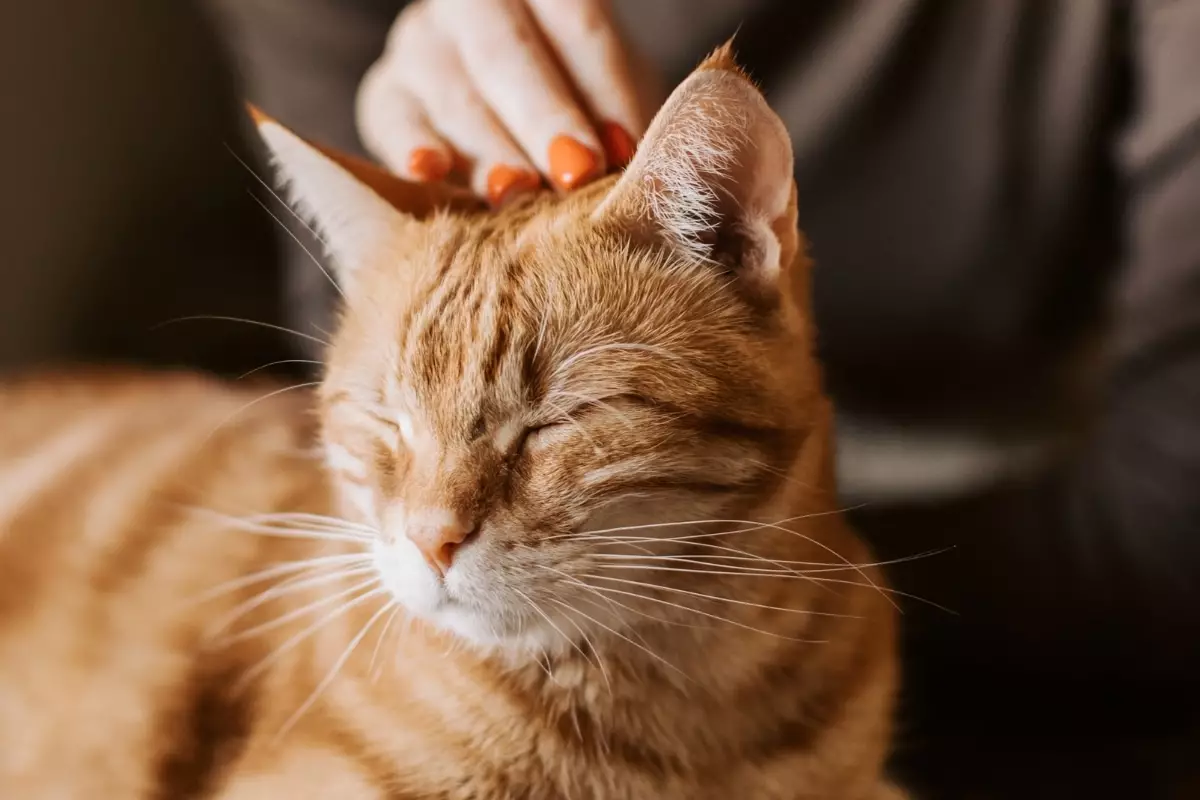Cats, often celebrated for their elusive and independent natures, carry a depth of emotional intelligence that can be easily overlooked. While many regard their feline companions as solitary creatures, a closer examination reveals that they experience a complex range of feelings, particularly when separated from their human guardians. Understanding the signs that your cat misses you can enrich your relationship and enhance the comfort they feel during your absences.
When it comes to communication, cats may not be as overtly expressive as dogs, but they certainly have their ways of reaching out. Increased vocalization, especially during the hours you are typically out, can signal an underlying sense of longing. If your cat begins to meow or yowl more than usual in these moments, they might be attempting to bridge the emotional gap created by your absence. Listening carefully to the context in which these sounds occur can provide insights into their emotional state. By responding to their calls, you not only address their needs but also reassure them of your presence, mitigating feelings of loneliness.
Cats often express their affection through physical closeness. After a long day away, if you find your cat nestled in your favorite chair or snuggling up beside you more frequently, it’s a tangible sign of their desire for companionship. This behavior illustrates a clear craving for warmth and security—the very essence of your presence. Making time to engage in affectionate interactions, like cuddling or gentle petting, can reinforce this bond. By responding to their urge for closeness, you not only comfort them but also strengthen the emotional ties that bind you both.
Playful Anticipation: Heightened Excitement Upon Your Return
Upon your arrival home, if your cat bursts into lively play or suddenly exhibits an uptick in energy, it reflects their excitement and eagerness for your company. This playful behavior is often a release of the pent-up energy accumulated during your absence. Engaging your cat in interactive playtime not only channels their enthusiasm but also fosters positive associations between your presence and joyful experiences. This interaction not only helps to alleviate any feelings of anxiety but also cements a sense of shared joy that enhances your relationship.
Cats have a unique way of displaying affection, and one sign that they feel close to you is through “gift-giving.” If your feline friend brings you toys or, in some cases, even small creatures they’ve caught, this behavior serves as a means of sharing their world with you. By presenting these items, your cat is signaling their affinity for you and seeking your attention and approval. Acknowledging these gifts with gratitude can deepen the connection and enhance their sense of purpose, making them feel valued in your shared life.
Purring: The Language of Contentment
Purring is often regarded as the quintessential sign of a happy cat, yet it serves multiple functions, including a means of communication and comfort. When your cat curls up next to you, persistently purring, it’s an indication of their contentment and need for emotional support. This behavior means they relish your proximity and view you as a source of safety. Reaction to this display of affection by offering gentle strokes or soothing words can significantly enhance their feeling of security and emotional well-being.
If your cat frequently follows you from room to room, it showcases a remarkable desire for companionship and connection. This behavior stems from their instinct to be part of your everyday life. Their need to stay close indicates not only affection for you but also a longing for security that your presence provides. By ensuring your cat has opportunities to remain near you throughout the day, you can fulfill their emotional needs while fostering a stronger connection.
Behaviors That Speak: Understanding Subtle Signs
In nurturing your relationship with your cat, it’s crucial to pay attention to subtle behaviors that may indicate stress or emotional distress. Monitoring their litter box habits or observing if they seem more restless can be indicative of anxiety stemming from your absence. Addressing these behaviors with care and consideration can pave the way for reassurance and stability in your cat’s life. Sometimes, veterinary insights may be necessary to rule out any health-related issues.
Recognizing the emotional signals that your cat sends out when you are away can lead to a deeper, more fulfilling relationship. Cats, with their unique blend of independence and deep affection, thrive on the connection they share with you. By tuning into their behaviors and responding with love and understanding, you not only affirm their feelings but also secure a lasting bond that enhances both your lives. Embrace and celebrate this intricate emotional landscape, and you will cultivate a companionship that is richer and more profound than you ever imagined.

